There will be local speakers from Australia, as well as overseas speakers presenting at the symposium.
The Organising Committee is delighted to announce that Professor Peter Stone, UNESCO Chair in Cultural Property Protection and Peace, based in the United Kingdom, has been confirmed as the Opening Speaker for the Symposium.
Professor Peter Stone OBE FSA MClfA
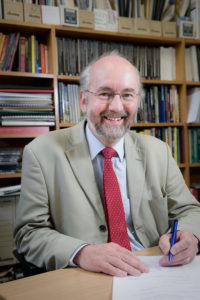 Peter Stone is the UNESCO Chair in Cultural Property Protection and Peace at Newcastle University, UK, Chair of the UK National Committee of the Blue Shield and Interim Secretary of the Blue Shield internationally.
Peter Stone is the UNESCO Chair in Cultural Property Protection and Peace at Newcastle University, UK, Chair of the UK National Committee of the Blue Shield and Interim Secretary of the Blue Shield internationally.
In 2003 he was advisor to the Ministry of Defence regarding the identification and protection of the archaeological cultural heritage in Iraq. He has remained active in working with the heritage sector and military to refine attitudes and develop processes for the better protection of cultural property in times of conflict. He has written extensively on this topic including co-editing, with Joanne Farchakh Bajjaly, The Destruction of Cultural Heritage in Iraq (2008) and editing Cultural Heritage, Ethics and the Military (2011). His article ‘The 4 Tier Approach’ led to the establishment of the British Army’s Cultural Property Protection Working Group which is soon to re-establish a Joint Service cultural property protection capability in UK forces.
Peter was previously Head of the School of Arts and Cultures and Professor of Heritage Studies in the International Centre for Cultural and Heritage Studies at Newcastle University. Between 1998 and 2008 he was honorary Chief Executive Officer of the World Archaeological Congress and served as Chair of the Hadrian’s Wall World Heritage Site Management Plan Committee (2006-2012). In the 1990s he was part of the team that developed UNESCO’s World Heritage Education Project and help draft the Heritage in Young Hands kit (now translated into more than 30 languages). Before joining Newcastle University he had worked for English Heritage, as a field archaeologist, and history teacher. He has published widely on heritage education, interpretation, and management.
Adi Meretui Ratunabuabua
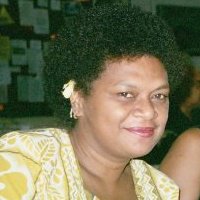
Adi Meretui Ratunabuabua (Meretui) is an indigenous Fijian Chief. Recently retired from the Fiji Government teaching Arts and Design and establishing a school of Arts and Design. She was the acting Director for the Fiji Museum from June 2015 to Dec 2016 when she was posted from the Ministry of Heritage and Arts to energise the national museum. One of the milestones while at the museum while creating better access to the museum with free access to all school children as a ministerial initiative and the development and launch of the first Virtual Museum with the intention of taking the museum to rural remote, maritime communities and to outreach to Fiji’s diaspora communities. Prior to her posting to the museum she established the Pacific Heritage Hub as its Manager for UNESCO World Heritage activities in the Pacific when she was seconded from the Fiji Government and the Ministry of Culture to the University of the South Pacific from 2012 to 2014.
She has represented Fiji and the Pacific to UNESCO for the Intangible Cultural Heritage Convention initiatives and consultancies; Chaired the intergovernmental Pacific Regional Culture Strategy for the Council of Pacific Arts and Culture; Was the President of the Pacific Islands Museums Association from 2006 to 2012 and an executive founding member of ICOMOS Pasifika. She is currently the Interim Chair of the newly established Blue Shield Pasifika (Committee Under Construction) formed in 2016 for Galleries, Libraries, Archives and Museums in the Pacific. She is keen to see much stronger linkages between community and national policy development and implementation in the Small Islands Development for healthy, happier sustainable livelihoods.
Elizabeth Edwards
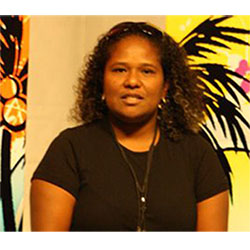 Elizabeth Edwards is by profession a Film Producer & Editor having worked in the television and media industry with Fiji TV, Mai TV and Pasifika Communications – in the private sector and advocating for social issues in Non Governmental Organizations (NGO’s).
Elizabeth Edwards is by profession a Film Producer & Editor having worked in the television and media industry with Fiji TV, Mai TV and Pasifika Communications – in the private sector and advocating for social issues in Non Governmental Organizations (NGO’s).
She is Secretary General for Blue Shield Pasifika (Committee Under Construction) and ICOMOS Pasifika since 2016 representing the Pacific and communicating across the Pacific Region on Heritage and it’s Protection for Galleries, Libraries, Archives and Museums (GLAM) to professionals and organizations in the Pacific. She is also a Researcher for Intangible Cultural Heritage (ICH) for the International Research Centre Institute (IRCI).
Fundraising, Communicating, Informing, Creating Awareness through Networks/Mediums and updating social media platforms – Facebook to support planned activities for Blue Shield Pasifika (Committee Under Construction) and partners currently housed under the Fiji Museum and supported under the Department Heritage & Arts, Fiji, UNESCO and partners.
Professor Kate Auty
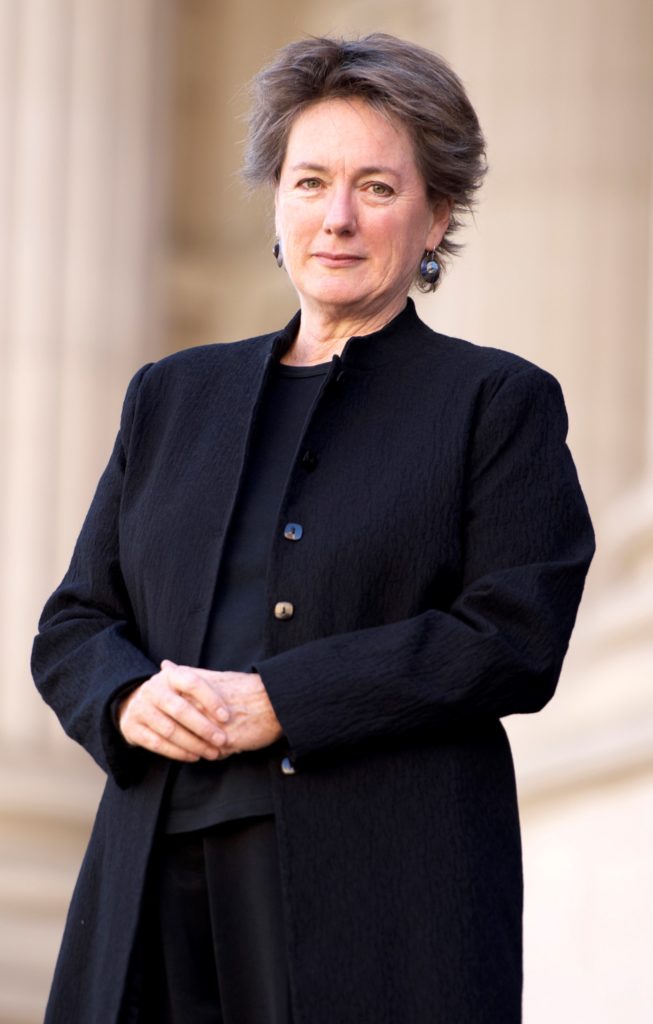 Professor Kate Auty was appointed in May 2016 as the ACT Commissioner for Sustainability and Environment. Kate has a wide range of experience and was previously the Commissioner for Environmental Sustainability in Victoria; and has worked as a Magistrate, Coroner and Mining Warden.
Professor Kate Auty was appointed in May 2016 as the ACT Commissioner for Sustainability and Environment. Kate has a wide range of experience and was previously the Commissioner for Environmental Sustainability in Victoria; and has worked as a Magistrate, Coroner and Mining Warden.
Eelco J. Rohling
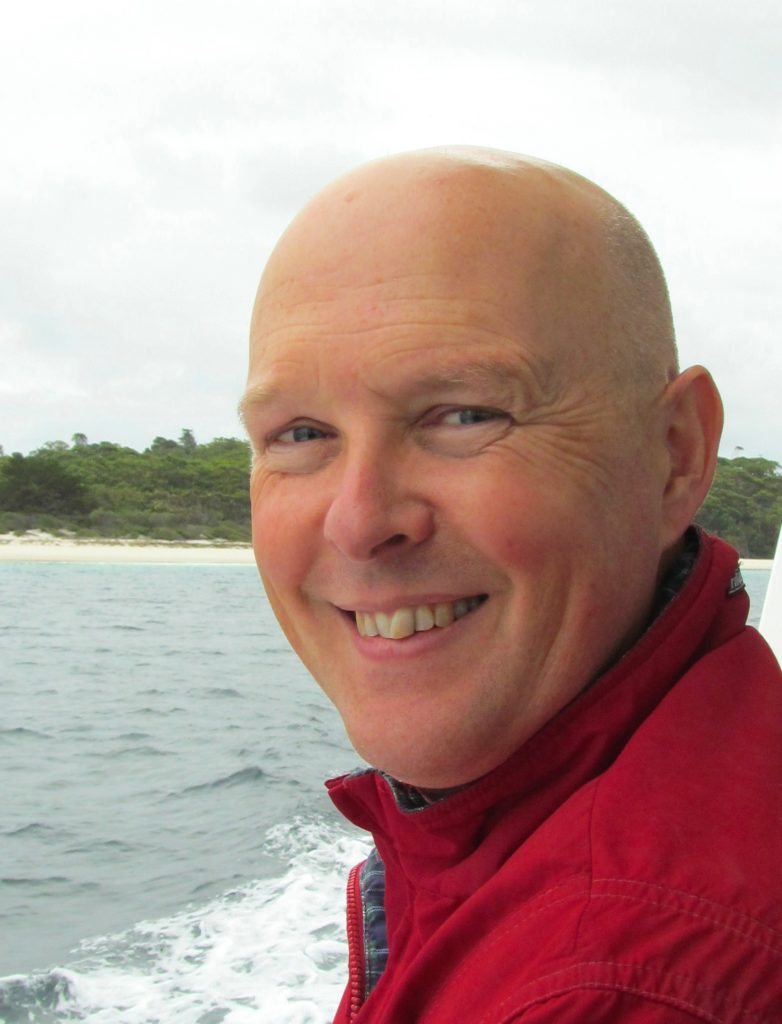 Eelco J. Rohling is Professor at the Research School of Earth Sciences, The Australian National University, Canberra, and at the National Oceanography Centre, University of Southampton, UK. His research focuses on (present and past) ocean and climate change with emphasis on sea level, climate sensitivity, and past episodes of enhanced carbon burial. Eelco was trained at the University of Utrecht, NL (BSc. 1984; MSc. 1987; Ph.D. 1991), and did post-doctoral research at both Utrecht, and the Woods Hole Oceanographic Institution, Mass. USA (1991-1994). He became Lecturer in Southampton in July 1994, full Professor in 2002, and Fellow of the Royal Netherlands Academy of Arts and Science in 2008. He received a UK Royal Society Wolfson Research Merit Award (2011), an Australian Laureate Fellowship (started 2013), and an American Geophysical Union Fellowship in 2017. Eelco was vice-chairman and chairman of the 26-nation International Marine Global Changes Study programme (2003-2008), and vice-president Palaeoclimatology at the European Geosciences Union (2000-2006). He has been associate editor at 4 major journals, and editor of Paleoceanography (2006-2009) and Reviews of Geophysics (2010-today). He has published ~180 peer-reviewed contributions. His public science book “The Oceans: a Deep History” will be released in December 2017 by Princeton University Press. http://www.highstand.org/erohling/ejrhome.htm.
Eelco J. Rohling is Professor at the Research School of Earth Sciences, The Australian National University, Canberra, and at the National Oceanography Centre, University of Southampton, UK. His research focuses on (present and past) ocean and climate change with emphasis on sea level, climate sensitivity, and past episodes of enhanced carbon burial. Eelco was trained at the University of Utrecht, NL (BSc. 1984; MSc. 1987; Ph.D. 1991), and did post-doctoral research at both Utrecht, and the Woods Hole Oceanographic Institution, Mass. USA (1991-1994). He became Lecturer in Southampton in July 1994, full Professor in 2002, and Fellow of the Royal Netherlands Academy of Arts and Science in 2008. He received a UK Royal Society Wolfson Research Merit Award (2011), an Australian Laureate Fellowship (started 2013), and an American Geophysical Union Fellowship in 2017. Eelco was vice-chairman and chairman of the 26-nation International Marine Global Changes Study programme (2003-2008), and vice-president Palaeoclimatology at the European Geosciences Union (2000-2006). He has been associate editor at 4 major journals, and editor of Paleoceanography (2006-2009) and Reviews of Geophysics (2010-today). He has published ~180 peer-reviewed contributions. His public science book “The Oceans: a Deep History” will be released in December 2017 by Princeton University Press. http://www.highstand.org/erohling/ejrhome.htm.
Colin Long
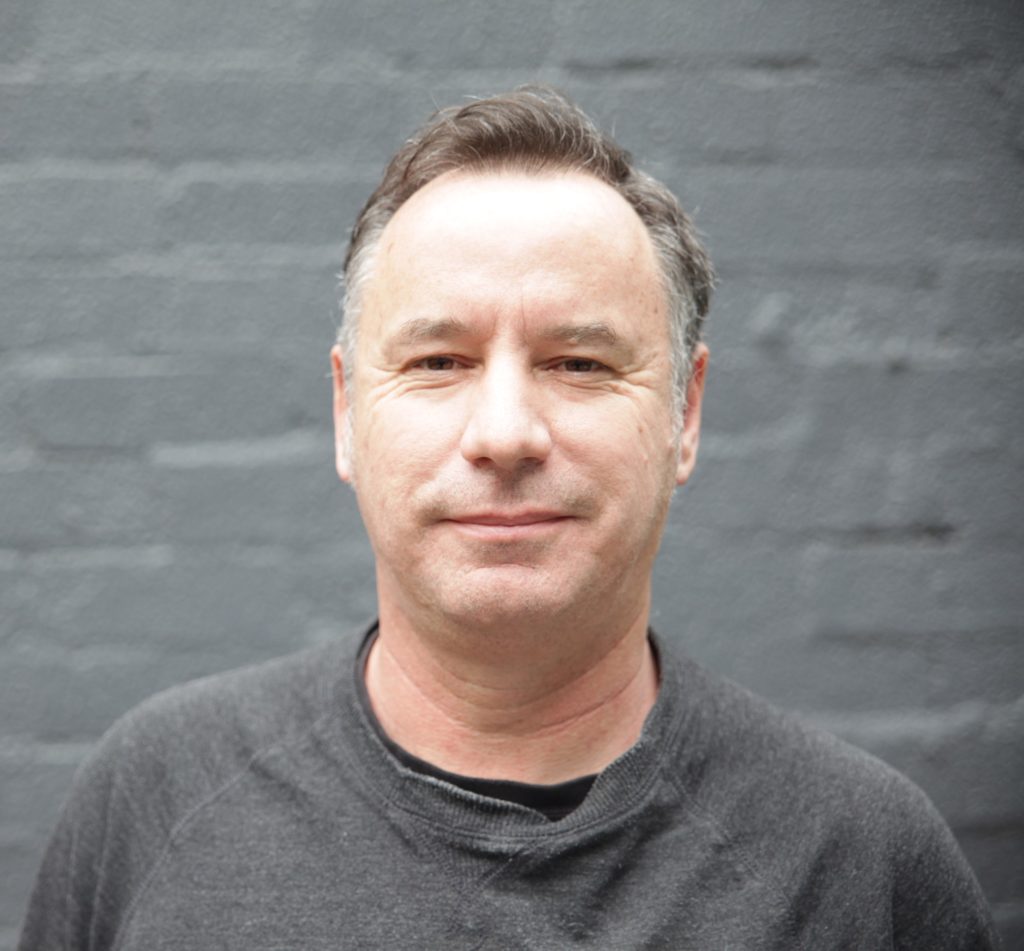 Colin Long is a former-director of the Cultural Heritage Centre for Asia and the Pacific at Deakin University, where he researched and taught on heritage and climate change, and heritage in transitional communist states, including Laos, Vietnam and Cuba. He worked extensively with UN and Lao agencies on heritage and sustainable tourism plans for the Vieng Xay Caves in North-eastern Laos, and with UNESCO and the Vietnamese Government on the World Heritage listing of the Hanoi Citadel. In recent years he has taken an active role in climate change policy at a local and international level, including establishing renewable energy worker cooperatives in Victoria, sitting on the Australian Council of Trade Unions’ Climate Action Group, and the Global Advisory Group for Trade Unions for Energy Democracy, an international confederation of unions working on climate change and renewable energy. He is a member of the committee overseeing the restoration of the Victorian Trades Hall Council building, the oldest continuous-use trade union building in the world.
Colin Long is a former-director of the Cultural Heritage Centre for Asia and the Pacific at Deakin University, where he researched and taught on heritage and climate change, and heritage in transitional communist states, including Laos, Vietnam and Cuba. He worked extensively with UN and Lao agencies on heritage and sustainable tourism plans for the Vieng Xay Caves in North-eastern Laos, and with UNESCO and the Vietnamese Government on the World Heritage listing of the Hanoi Citadel. In recent years he has taken an active role in climate change policy at a local and international level, including establishing renewable energy worker cooperatives in Victoria, sitting on the Australian Council of Trade Unions’ Climate Action Group, and the Global Advisory Group for Trade Unions for Energy Democracy, an international confederation of unions working on climate change and renewable energy. He is a member of the committee overseeing the restoration of the Victorian Trades Hall Council building, the oldest continuous-use trade union building in the world.
Lyndall Obsorne
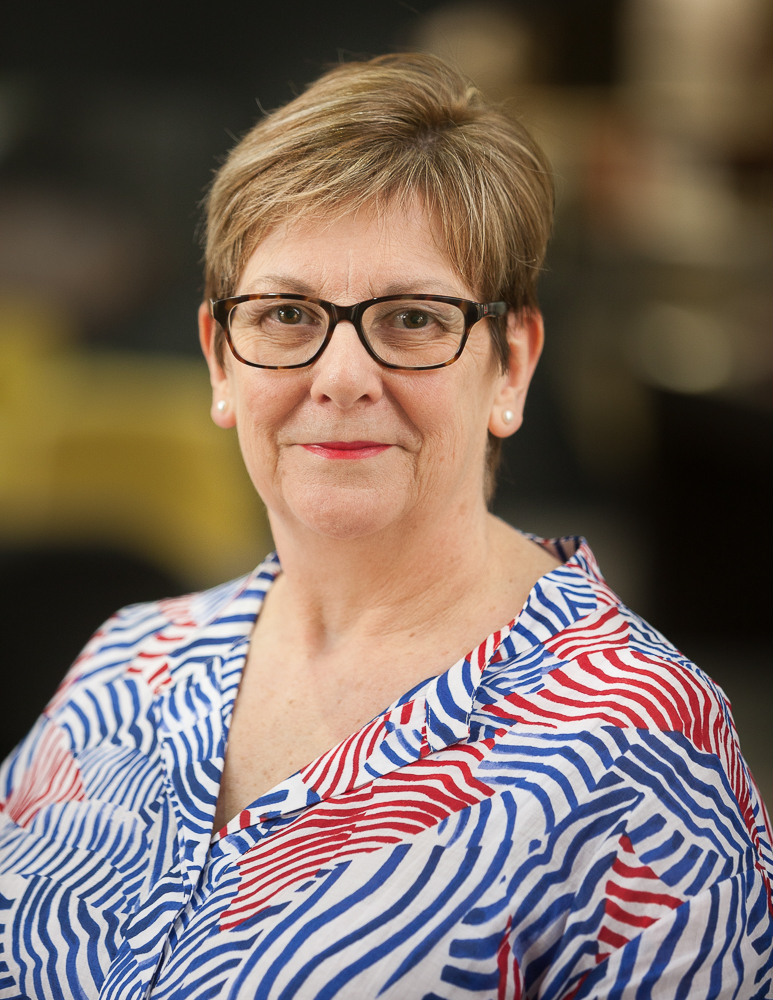
Lyndall Osborne has worked extensively as an executive manager in local government in Queensland and Victoria in the fields of community, arts and cultural development and services, libraries and corporate services. Prior to taking her current role as Executive Director of Collections at the Australian Institute of Aboriginal and Torres Strait Islander Studies (AIATSIS), she spent four years travelling, living and working overseas, primarily in Egypt as owner and part of the management team of a Class A tourism company, assisting clients from all over the world to enjoy the unique attractions of Egypt. Lyndall also worked for a number of years with Youth Impact Ethiopia, a local Ethiopian NGO based in Addis Ababa, assisting with strategic and financial planning and the development of a youth library. Joining AIATSIS as the Library Director, but now the Executive Director of Collections, Lyndall has special interests in strengthening ethical access to the collections for all clients, particularly through digital delivery, and in engendering increased support for the Institute and its collections through the opportunities offered by both the digital world and social media. Lyndall is the Vice President and President Elect of ALIA, a committee member of the Australian Committee of UNESCO’s Memory of the World program and a member of the National Advisory Committee of the Atlas of Living Australia.
Sheridan Burke
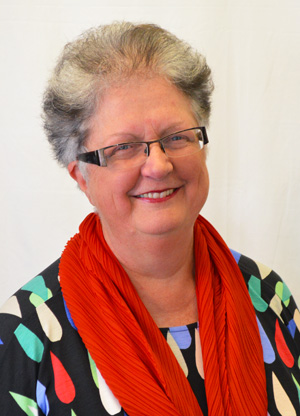 Sheridan Burke has been responsible for developing innovative conservation advice and plans for heritage places—iconic and local—for more than 35 years. Sheridan’s experience includes heritage management and interpretation projects throughout Australia and internationally. She specialises in urban planning, twentieth-century heritage and heritage interpretation.
Sheridan Burke has been responsible for developing innovative conservation advice and plans for heritage places—iconic and local—for more than 35 years. Sheridan’s experience includes heritage management and interpretation projects throughout Australia and internationally. She specialises in urban planning, twentieth-century heritage and heritage interpretation.
Sheridan is a member of the Sydney Opera House Conservation Council. She is President of the ICOMOS International Committee on Twentieth Century Heritage and President of the ICOMOS Advisory Committee. Sheridan is a widely published author and lectures in conservation practice, twentieth-century heritage and house museum management. She is also active internationally, undertaking World Heritage site monitoring missions and providing advice to ICOMOS and UNESCO as well as working on training and research projects with the Getty Conservation Institute.
Bethune Carmichael
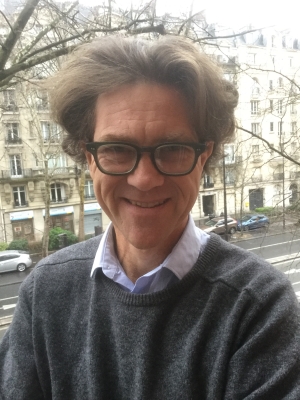
Bethune’s PhD thesis was entitled ‘Supporting Indigenous rangers manage the impacts of climate change on cultural heritage sites’. Before undertaking his doctoral research with the Australian National University, he worked on NT climate change adaptation for the Northern Territory EPA and was NT delegate to the National Climate Change Adaptation Research Facility. From 2002-8 Bethune lived at the remote community of Yuendumu in the NT where he worked with Indigenous authors and illustrators on cultural maintenance programs as well as the conservation of the Yuendumu Men’s Museum. The Men’s Museum’s early 1970’s internal murals are now recognised as the progenitors of today’s Western Desert Art Movement and heritage listed.
Greg Wilson
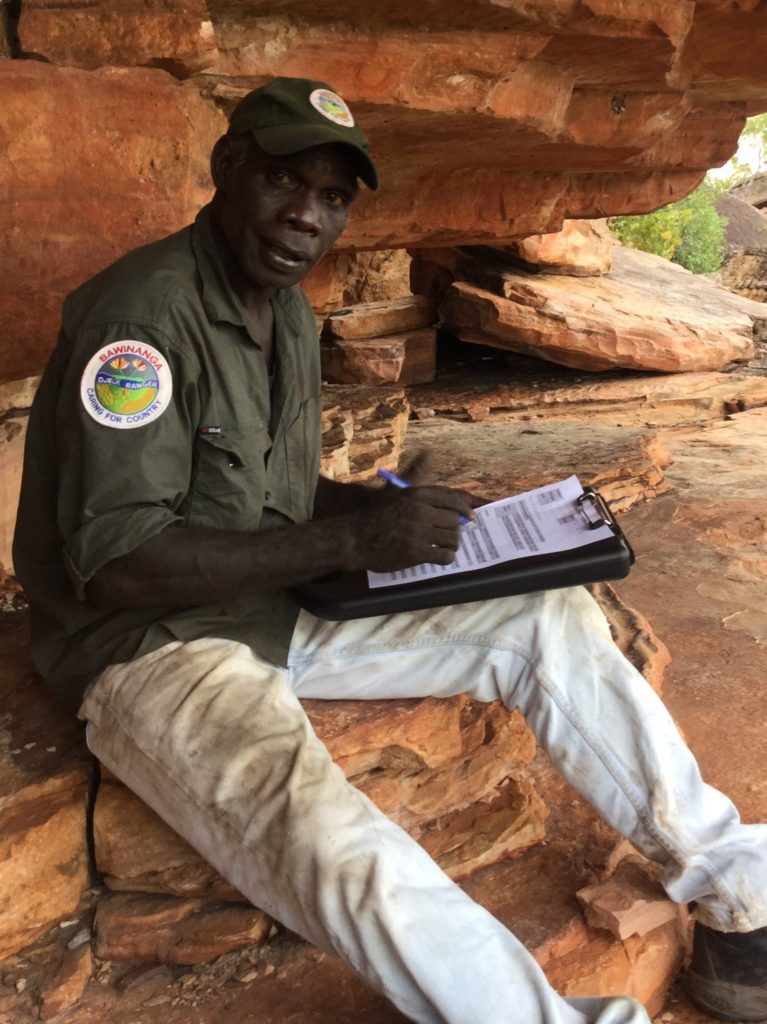
Greg Wilson is from the Gun-nartpa language group near the Cadell river area. He lives in the remote community of Maningrida, Central Arnhem Land, where he works for the Djelk Rangers. Greg has been a ranger for many years and has a strong interest in conservation and recording of cultural heritage sites. Greg is also a trained artist who was tutored by his late father, award winning bark painter Terry Ngamandara. As a ranger, he is committed to record, share and preserve the important knowledge embedded in the landscape and to raise awareness about the impact of climate change on heritage sites in Northern Australia.
Steve Darvill
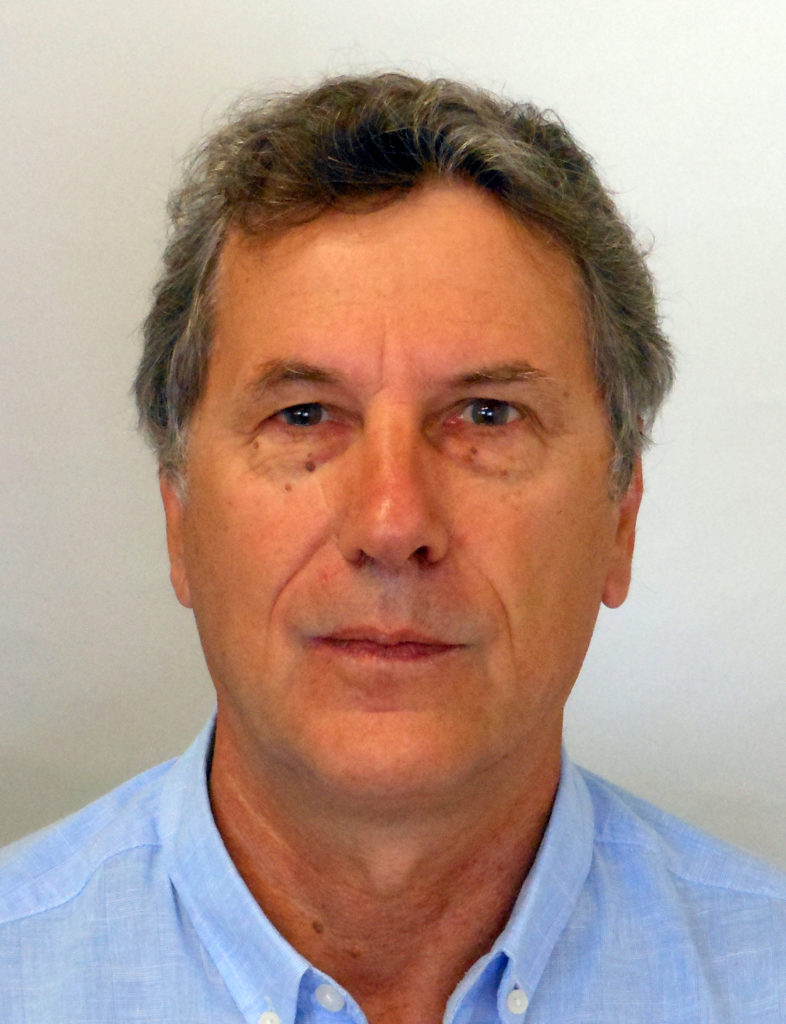
Steve Darvill is Director of Humanitarian Reform and Performance in the Department of Foreign Affairs and Trade (DFAT). He is responsible for engaging in global initiatives to improve the effectiveness of humanitarian action through greater predictability, accountability, responsibility and partnership as well as advancing Australia’s commitments under the Agenda for Humanity and associated Grand Bargain. He is also responsible for monitoring, evaluation, accountability and learning within Australian Government humanitarian program.
Steve returned to DFAT in July 2013 after six years overseas, firstly as Humanitarian Adviser to the OECD Development Assistance Committee in Paris (2007-2009) and then as Executive Director of an international NGO in Boston (2010-2013). On return to Canberra, he was appointed Humanitarian Adviser and Director of Disaster Risk Reduction & Resilience. In this role, Steve was delegation member in negotiations leading to the Sendai Framework for Disaster Risk Reduction 2015-2030 and a member of the Australian delegation to the Global Platform for Disaster Risk Reduction in Cancun in 2017. He was Australian representative on the Consultative Group of the World Bank’s Global Facility for Disaster Reduction and Recovery (2015-2017)
Prior to moving overseas in 2007, Steve was Humanitarian Program Manager and, later, Humanitarian/Peace-Conflict Adviser in AusAID from 1996 to 2007 and worked extensively on programs in Mindanao, Myanmar, Solomon Islands, Iraq, Timor Leste, Indonesia, Uganda and Rwanda. Before joining AusAID, he worked for nearly nine years with NGOs in Yemen, Iraq, Tanzania, Sierra Leone, Sudan and Gabon. He holds a Masters Degree in International & Community Development from the Deakin University and Bachelors Honours Degree in Geology and Environment from Brookes University in UK.
Cheryl Jackson
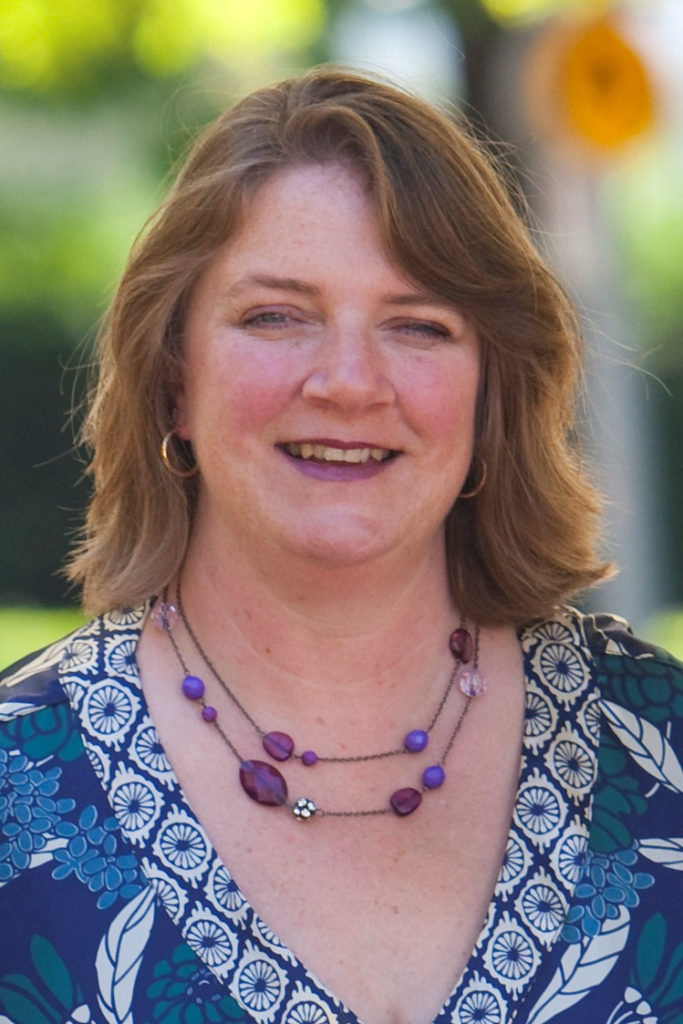
Cheryl Jackson, Assistant Director, Preservation, Canberra Office, National Archives of Australia.
Cheryl is a Paper and Photo Conservator with 30 years’ experience working in various National Institutions around Canberra. During this time she acted as the Preventive Conservator, Laboratory Manager and now Assistant Director at the National Archives. In her current position she has responsibility for the National Disaster Preparedness and Response Strategy for the NAA, as well as the Canberra site specific plans. She has recently had the opportunity to be closely involved with the development and realisation of the National Archives Preservation Facility in Canberra.
Anita Smith
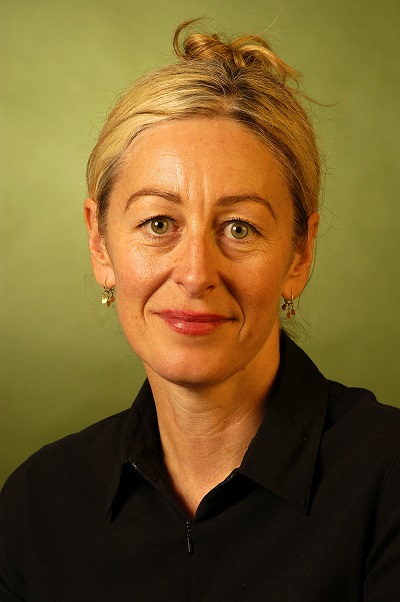 Dr Anita Smith is an archaeologist and recognised expert on cultural heritage management in the Pacific Island nations. She is an adviser to UNESCO World Heritage Program in the Pacific, assisting governments and communities in the region to develop World Heritage nominations and management plans for their heritage places. Dr Smith is the Coordinator of the Master of Professional Archaeology at La Trobe University and has formerly represented Australia as a cultural expert member to the World Heritage Committee (2007–11). She is a member of Australia ICOMOS and the ICOMOS International Scientific Committee on Archaeological Heritage Management.
Dr Anita Smith is an archaeologist and recognised expert on cultural heritage management in the Pacific Island nations. She is an adviser to UNESCO World Heritage Program in the Pacific, assisting governments and communities in the region to develop World Heritage nominations and management plans for their heritage places. Dr Smith is the Coordinator of the Master of Professional Archaeology at La Trobe University and has formerly represented Australia as a cultural expert member to the World Heritage Committee (2007–11). She is a member of Australia ICOMOS and the ICOMOS International Scientific Committee on Archaeological Heritage Management.
Workshops
Heather Brown
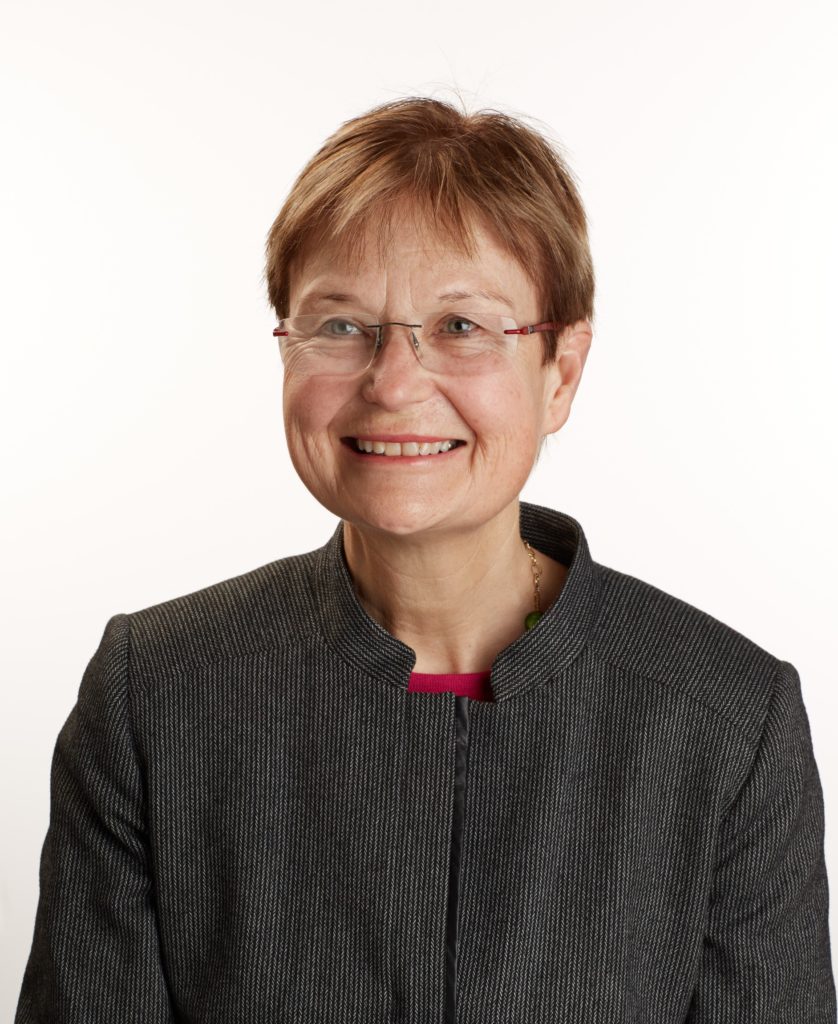
Heather Brown was awarded an Australian Library and Information Association (ALIA) research grant in 2015 to investigate disaster preparedness in Australian national, state and territory libraries and specifically the potential for developing an integrated disaster plan that could align disaster responses across all collection formats—physical and digital. Heather worked with experienced State Library of Queensland (SLQ) staff to develop a ‘proof of concept’ template for an integrated disaster plan, using the SLQ plan as a model.
Heather Brown is currently an Assistant Director of Paper, Books and Preventive at Artlab Australia, one of Australia’s leading conservation organisations. Heather also has a part time academic role as the State Library of South Australia’s Project Officer for the Library and Information Management Program at the University of South Australia where she lectures to library and archive students. Heather has delivered lectures and workshops on preservation in Australia, New Zealand, Singapore, Thailand, The Philippines and India.
Robyn Riddett
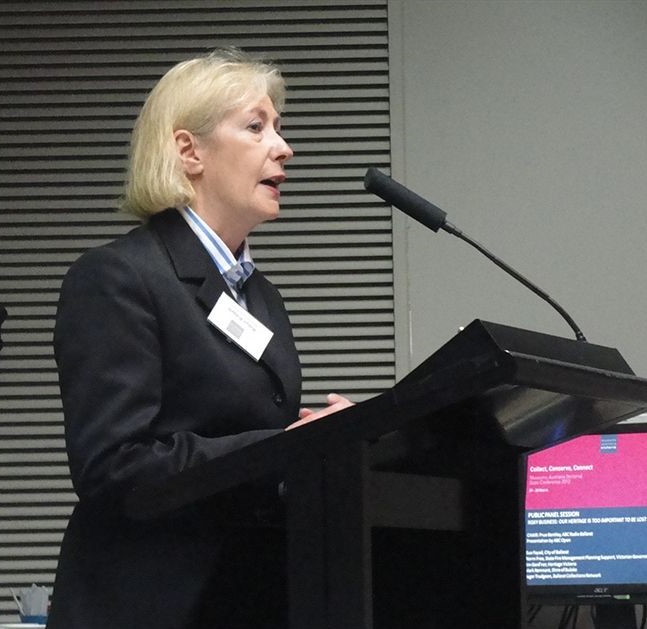 Robyn Riddett is an architectural historian, is an expert in historical decoration and is a heritage consultant in the built environment and frequently acts as an expert witness in the legal planning framework.
Robyn Riddett is an architectural historian, is an expert in historical decoration and is a heritage consultant in the built environment and frequently acts as an expert witness in the legal planning framework.
She is very active internationally in ICOMOS, ICORP and Blue Shield and is a past President of Australia ICOMOS, the founding convenor of Blue Shield Australia and Board member and has been a Board member of Blue Shield.
Prior to Blue Shield, Robyn was long-standing Secretary-General of ICOMOS ICORP (International Scientific Committee on Risk Preparedness) and now Treasurer. She is an expert member. She has presented papers at most of the ICOMOS symposia held with other international bodies such as UNESCO. She undertook the post-disaster needs assessment in Vanuatu after Cyclone Pam at the behest of UNESCO and the World Bank.
Akatsuki Takahashi
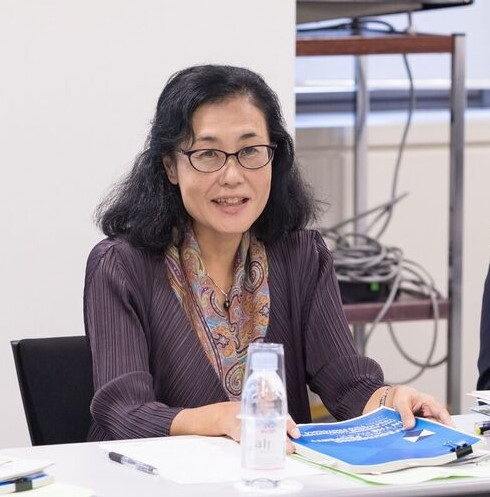
Akatsuki Takahashi has been the Programme Specialist for Culture at the UNESCO Office for the Pacific States in Apia, Samoa, since January 2010. She is in charge of the Culture Programme for sixteen Member States and one Associate Member of UNESCO in the Pacific with its focus on the promotion and implementation of the UNESCO Conventions in the field of heritage and creativity. Previously, she was at the Executive Office of the Culture Sector at UNESCO Headquarters (2001-2009), UNESCO Office in Venice (1998-2001) and the Secretariat for the World Decade for Cultural Development (1989-1998) at the Culture Sector of UNESCO headquarters in Paris. Before joining UNESCO in 1989, she worked at the Asia/Pacific Cultural Centre for UNESCO (1986-1989) in Tokyo as Programme Manager.
Details of other speakers will be included on the website as they become available.